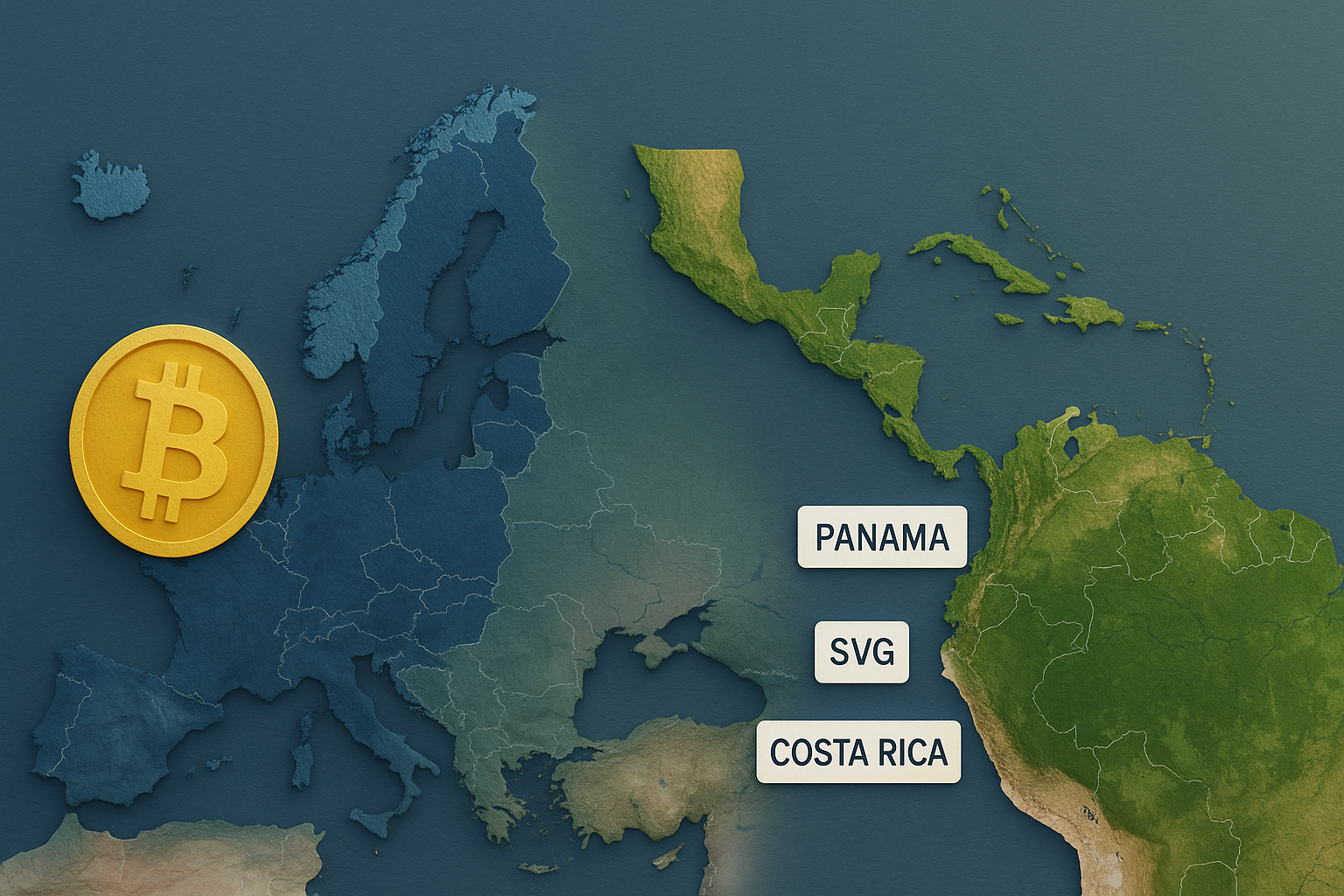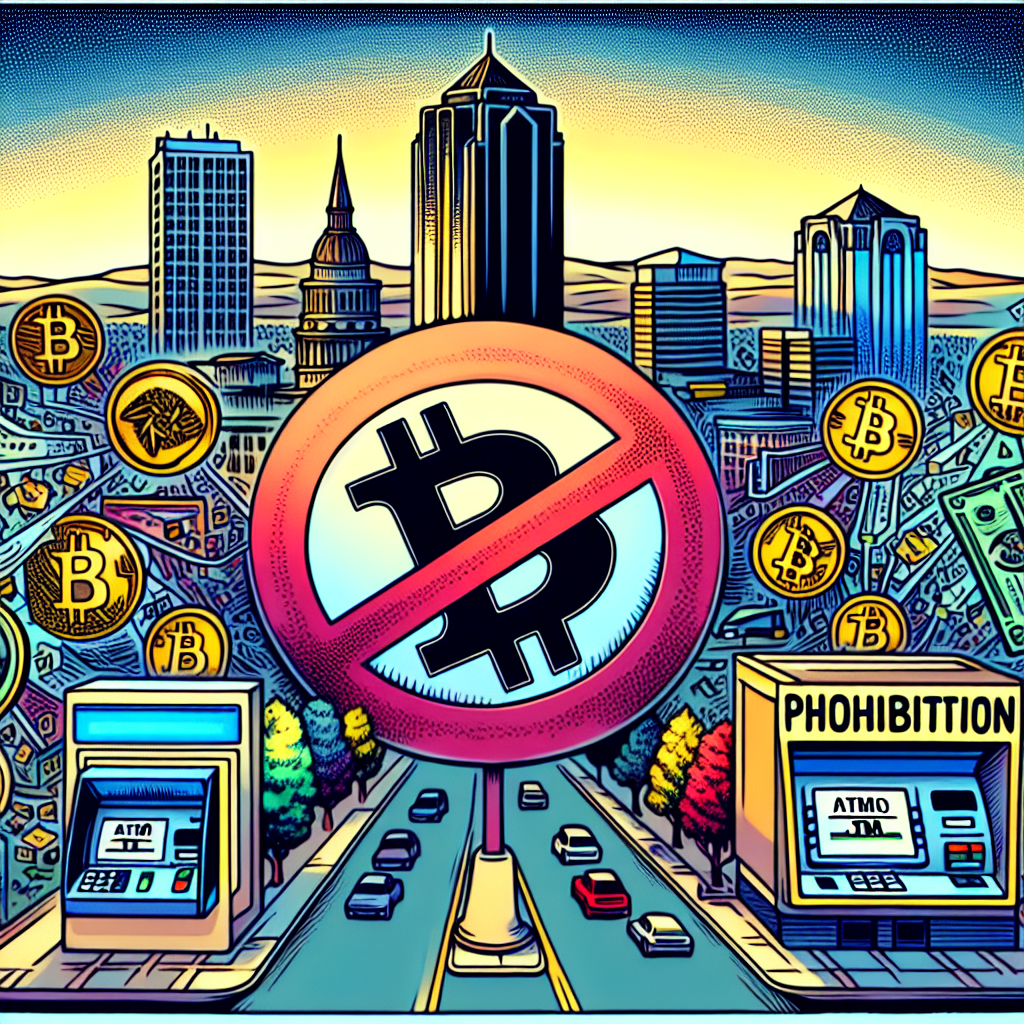Brazilian politicians consider Bitcoin as a potential deterrent to global financial uncertainties. The government body debates about establishing a Bitcoin reserve as a strategic financial asset.
Brazil Contemplates Bitcoin as a Potential Shield Against International Instabilities
Brazil’s Congress has been engaging in discussions regarding the adoption of Bitcoin (BTC) as a reserve. The discussions are geared towards exploring the potential benefits that this leading cryptocurrency could offer as a hedge against potential global economic risks.
An Embrace of Bitcoin: A Strategic Decision?
With the evolving global economy, Brazil is considering bold strategies to safeguard its financial system. Central to these discussions is the idea of holding Bitcoin as a reserve asset, a move often associated with central banks. This proposal, though radical, underscores Brazil’s open-minded approach to innovative financial mechanisms in an era of unpredictable economic landscapes. Bitcoin’s potential as a store of value and its resilience to certain economic risks position it as a strategically beneficial asset.
Arguing for Bitcoin
The proponents argue that Bitcoin, as a decentralized digital asset, offers significant advantages over traditional asset classes. For one, Bitcoin is not subject to the same risks as conventional financial assets, such as those associated with government policies or fluctuations in traditional markets. Furthermore, Bitcoin’s supply is limited, and it cannot be manipulated, which could provide a hedge against potential inflationary issues.
Implications of the Move
If Brazil proceeds with these plans, it would become one of the first nations to officially hold Bitcoin in its reserves. Such a bold step might set an intriguing precedent, potentially encouraging other countries to follow suit and see digital assets as legitimate strategic financial resources. However, it also opens up a complex dialogue about the governance and regulation of decentralized currencies.
Emerging Trends in Bitcoin Adoption
- El Salvador, for one, has recognized Bitcoin as legal tender, setting a remarkable standard for other nations, while other countries like Ukraine and Panama are following in their footsteps, exploring the potentials of adopting Bitcoin.
- On the other hand, institutions and corporations worldwide are increasingly incorporating Bitcoin into their asset base, acknowledging its potential as a hedge against inflation and traditional market volatility.
- The global trend towards embracing Bitcoin indicates a growing recognition of its value in the financial landscape. Its decentralization, limited supply, and resilience to economic uncertainties make it an increasingly attractive proposition for nations and corporations alike.
Future Possibilities
As these discussions unfold, the world watches on with keen interest. Could Bitcoin indeed serve as a financial shield against global instabilities? The acceptance or rejection of this proposal by Brazil’s Congress will undoubtedly carry weighty implications for the global perception and adoption of Bitcoin and other cryptocurrencies.
While this scenario represents one path Brazil’s financial strategy might take, it’s important to remember that it’s just one option being debated. The complex realities of implementing and regulating a decentralized digital asset as a national reserve are not to be underestimated. Nevertheless, the mere fact that such a discussion is taking place signals a shift in how nations perceive and approach cryptocurrency.






